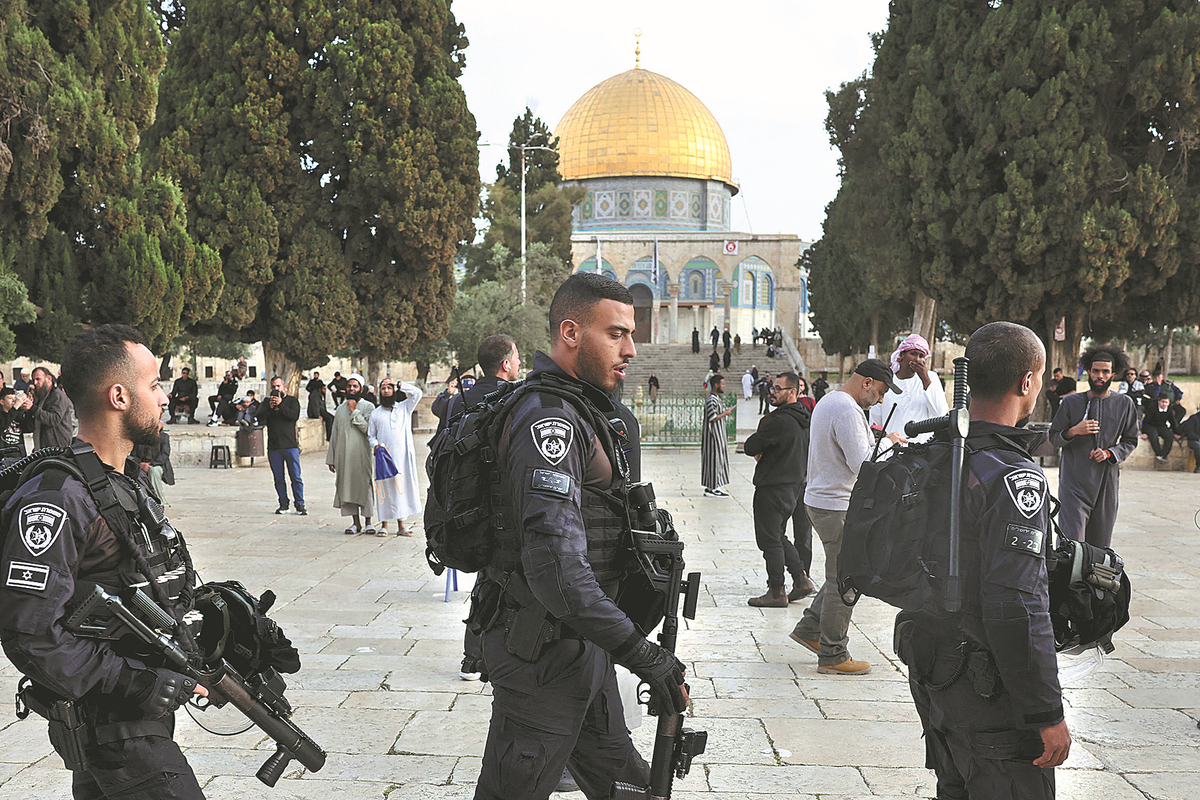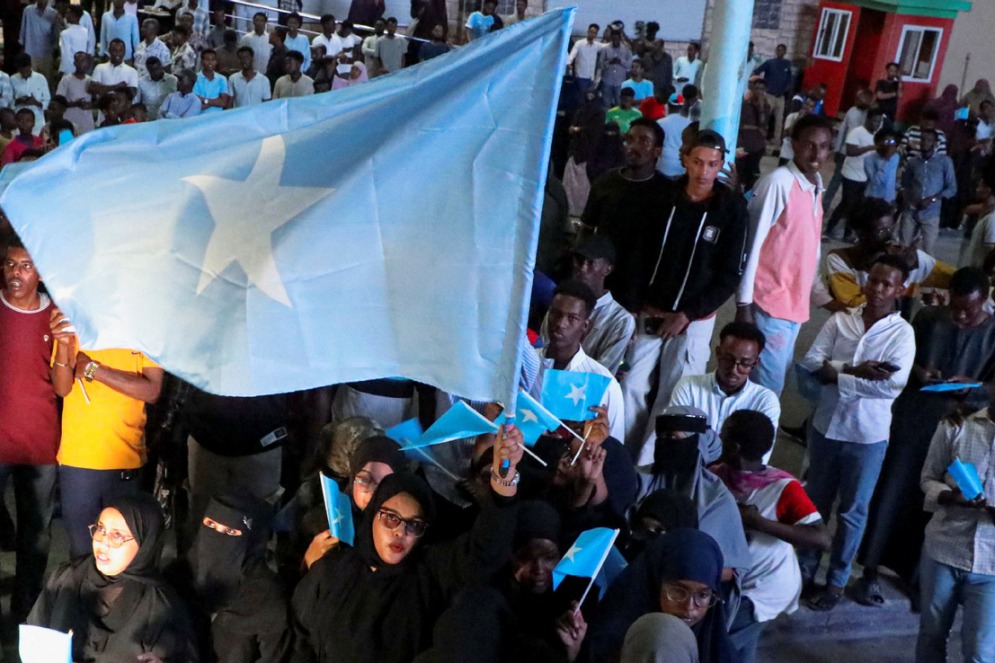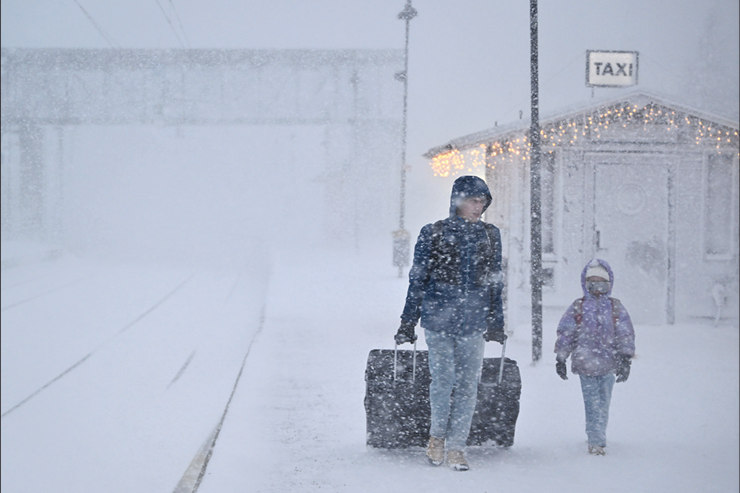Israel urged to restore peace, focus on domestic woes


JERUSALEM — Analysts have called on Israel to refrain from taking any action that will raise tensions with the Palestinians, before the latest round of fighting last week escalates into a major conflict.
Analysts believe the fighting along Israel's borders with Lebanon, Syria and the Palestinian enclave of Gaza Strip last week posed a threat to the stability of Israel, which has been embroiled in an internal debate over a contentious plan to reform its judicial system, and will further undermine its security if it becomes a wider conflict.
Hani al-Masri, director of the Palestinian Center for Policy Research and Strategic Studies, said he will not rule out the possibility of a new round of extensive military conflict in Gaza as both Israelis and Palestinians will soon have several anniversaries and important events, typically a time when tensions between the two sides are at their highest.
Last week's flare-up of tensions, which comes at a sensitive time when the Muslim holy month of Ramadan overlaps with the Jewish holiday of Passover, followed Israeli police raids on the Al-Aqsa Mosque compound that led to clashes with dozens of Palestinian worshippers inside early on Wednesday. Israeli police said "dozens of lawbreaking youths" attempted to barricade themselves inside Al-Aqsa to incite riots.
After the raids, rockets were fired from the Gaza Strip and Lebanon into southern and northern Israel on Wednesday and Thursday, injuring civilians and causing damage to several buildings and cars. Israel accused Hamas of being behind the rocket attacks. In response, Israel launched airstrikes on the Gaza Strip and southern Lebanon.
In the latest escalation, Israel Defense Forces said it launched airstrikes on Syria early on Sunday in response to two rocket attacks from Syria toward the Israeli-annexed Golan Heights. The rare rocket attacks from Israel's northeastern neighbor overnight triggered sirens in the communities of Natur and Avnei Eitan in Golan Heights. No injuries or damage were reported yet.
Amid tensions with Palestinians, Israeli Defense Minister Yoav Gallant on Saturday extended the closure of the occupied West Bank and Gaza Strip.
"We are facing a challenging time," Israeli Prime Minister Benjamin Netanyahu on Sunday told mayors from cities that were targeted by rocket attacks, adding that "our enemies are wrong when they thought we are not united behind our military".
In addition to friction with its neighbors, the security situation in Israel is worrying. A tourist was killed and seven other tourists were injured on Friday night during a shooting and run-over attack in Tel Aviv. On the same day, two British-Israeli sisters, aged 16 and 20, were killed in a drive-by shooting in the northern West Bank, and their mother was critically injured.
While the tit-for-tat violence between Israelis and Palestinians seems to have no end in sight, Israel is also witnessing a massive internal rift regarding judicial reforms the incumbent government wishes to implement. For weeks, demonstrations against the government have been staged.
In response to the public outcry, Netanyahu announced in late March that he would suspend the legislation of his contentious plan to overhaul the country's judiciary by about a month to allow "dialogue" between coalition and opposition lawmakers.
Michael Milshtein, head of the Palestinian Studies Forum of the Moshe Dayan Center for Middle Eastern and African Studies at Tel Aviv University, believes there is a clear link between the country's internal unrest and the conflicts it has with militants of its neighbors.
"Israel's enemies see the crisis as a strategic opportunity to weaken Israeli resilience and deterrence," he said.
Xinhua

































